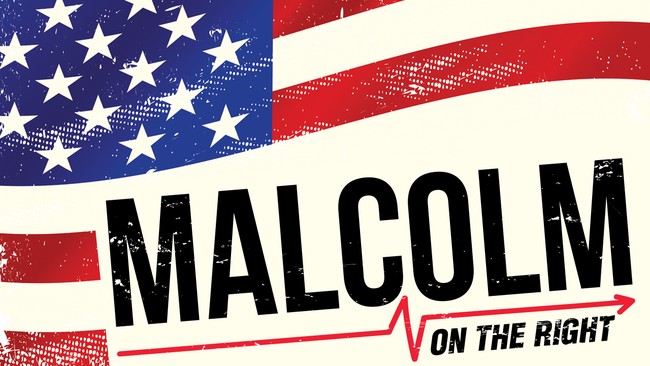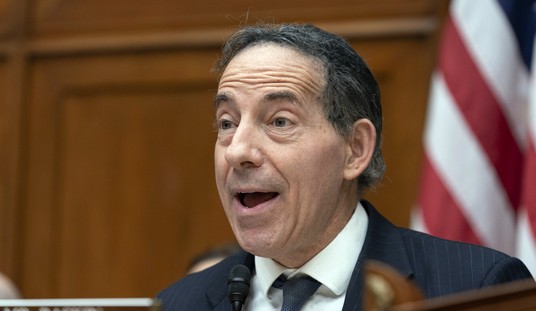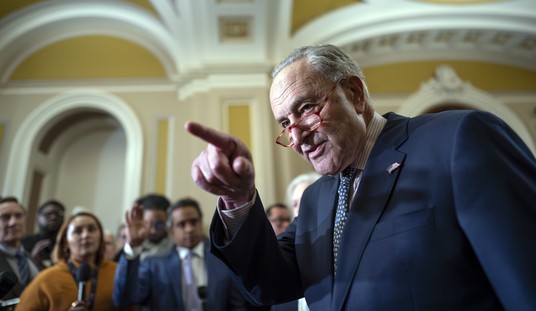In a little more than 360 hours, Donald J. Trump will become president again. Is there any way to Fast Forward?
A few minutes after taking the oath, from behind the bulletproof plexiglass, the United States’ 47th chief executive will give an Inaugural Address to millions watching at the Capitol and around the country and world.
Only one other president (Grover Cleveland) has had two non-consecutive terms. So, this Inauguration Day begins something unique: His second First 100 Days.
The traditional inaugural address is a major thematic statement of presidential intentions and principles initially spoken 86,097 days prior by the nation’s very first chief executive, George Washington.
In that address delivered indoors in New York City, the bewigged Washington spoke in the grandiloquent, subordinate-clause-filled, run-on rhetoric of the 18th century that would surely confound modern audiences:
On the one hand, I was summoned by my Country, whose voice I can never hear but with veneration and love, from a retreat which I had chosen with the fondest predilection, and, in my flattering hopes, with an immutable decision, as the asylum of my declining years: a retreat which was rendered every day more necessary as well as more dear to me, by the addition of habit to inclination, and of frequent interruptions in my health to the gradual waste committed on it by time.
Washington spoke loudly (remember, no microphones until 1900) of his humility and the divine providence that had created the newly-formed country and brought him to be what would become its only uncontested president.
The initial draft of Washington’s remarks was dozens of pages long, which would have challenged listeners’ patience and bottoms even if those wooden benches had thick cushions.
James Madison was assigned to rewrite the opus. Madison, who would go on to become the fourth president and, at 5-foot-4-inches, the shortest in U.S. history, quilled a 1,420-word speech that would set the tone for subsequent inaugurals.
Perhaps not by coincidence, Trump’s First Inaugural Address was nearly identical in length, only 13 words longer (Address video here):
Together, we will determine the course of America and the world for years to come.
We will face challenges. We will confront hardships. But we will get the job done….
Today’s ceremony, however, has very special meaning. Because today we are not merely transferring power from one Administration to another, or from one party to another – but we are transferring power from Washington, D.C. and giving it back to you, the American People….
What truly matters is not which party controls our government, but whether our government is controlled by the people….
The oath of office I take today is an oath of allegiance to all Americans….
From this day forward, a new vision will govern our land.
From this moment on, it’s going to be America First….
We will seek friendship and goodwill with the nations of the world – but we do so with the understanding that it is the right of all nations to put their own interests first.
We do not seek to impose our way of life on anyone, but rather to let it shine as an example for everyone to follow….
Finally, we must think big and dream even bigger.
In America, we understand that a nation is only living as long as it is striving.
Looking back through Trump’s first term, he followed those themes and ideals pretty closely and enacted an impressive array of his campaign promises, both by executive order and congressional cooperation.
Trump is a noticeably different man now, as anyone would be even without the vast array of challenges (and bullets) thrown at him since then. He seems more focused, organized, confident, no doubt thanks to experience and to the steadying hand of Susan Wiles, soon to be the first female White House Chief of Staff.
During the recent sadly predictable, intramural Republican scrum over Speaker, we neither heard nor saw any public Trump harangues. Instead, we learned later, he made strategic phone calls to select members to support his favorite, Mike Johnson, who won on the first ballot.
With few exceptions, his administration’s nominations have been solid, capped late Friday by the appointment of the outspoken and one-time liberal activist Tammy Bruce as the administration’s chief spokesperson at the State Department.
Trump has even named an ardent critic to one position while, true to his brand of authenticity, simultaneously expressing his doubts about her.

Polls are showing majority support recently for Trump and his transition efforts and positive expectations for his administration, especially in the areas of controlling illegal immigration, reducing unemployment, and protecting against terrorism.
They’re less optimistic going in that he will heal the country’s political divisions or substantially reduce the federal deficit and the nation’s crime rates. As if one person could accomplish all that.
A key reason for the broad approval of Trump post-election is what he is not doing. He is so focused on constructing, through hundreds of appointments, an effective administration team that is, above all, totally committed to his goals and loyal.
Many are outsiders, meaning not Swampers or establishment elites. And he’s not squabbling with media over inaccuracies or perceived slights.
Such regular rhetorical skirmishes, which gave attention-seeking media an excuse to focus on turmoil instead of substance, also often distracted Trump’s first-term attention from his main agenda.
Now, he has a vibrant alternative media that proved so receptive and effective in spreading his campaign messages. And Trump’s incoming press secretary has indicated they will receive increased attention from the new White House. Good news for those of us tired of legacy media bias.
As I have written here previously, Trump will want to present the appearance of immediate, quick action both in his inaugural remarks and Day One in office.
In his rally speeches, Trump tends to use a few topic notes and then play off audience reactions, often rambling (or "weaving") in response to the crowd. He won’t do that this time. And the logistics and time delay of sound at such a vast event won’t permit it over such a large area of the Capitol grounds and beyond into the Mall.
The address will be more general and aspirational, perhaps talking some about healing the political wounds of the longest presidential campaign in U.S. history. Americans will want to hear such hopes, even if few currently believe a return to traditional post-election amity is likely.
And built-in will be two or three shorter bursts of words to make appropriate sound bites for television on Trump’s main theme, whatever that is.
Day One, which is actually the same day, will be much more specific.
These opening Trump actions are already being drafted. Pardons for Jan. 6 prisoners are expected. Others will likely focus on energy, undoing Joe Biden’s numerous Day One fossil-fuel restrictions, and replacing the Trump border controls that the Democrat so deliberately removed. And some of the “transgender insanity” Trump criticized during the campaign.
Those willful border actions and inactions by Biden and Kamala Harris permitted and, indeed, facilitated some 10 million illegal immigrants to enter and spread out through the country these past four years.
Trump has vowed major deportation efforts, beginning with criminals. He’s already worked with Mexico’s president to stem the flow of immigrant caravans approaching the border.
Whatever Donald Trump ends up saying in this year’s inaugural address, he is unlikely to beat George Washington’s Second Inaugural Address for brevity:
Fellow Citizens:
I am again called upon by the voice of my country to execute the functions of its Chief Magistrate.
It was 135 words long, the shortest in United States history, and most likely to remain so as long as TV cameras are also in attendance.**
**Historical Footnote: In contrast, the longest Inaugural Address — nearly two hours — came on March 4, 1841, at the start of the ninth and shortest presidency in U.S. history — 30 days, 12 hours, and 30 minutes.
William Henry Harrison was a Revolutionary War officer and farmer from Ohio accustomed to fighting, hunting, and working in bad weather before, at 68, he became the oldest man elected president at that time. So, with neither hat nor coat in D.C.'s March weather, a heavy rain did not deter the new president from saying every one of the 8,445 words that he and Daniel Webster had written for the grandest day of his life.
As inauguration host, President Harrison insisted on graciously greeting the hundreds of guests at the ensuing receptions — before changing out of his wet woolen clothes. A cold quickly developed. That became pneumonia. In a day when medical treatment for that involved bleeding, Harrison was doomed.
So, John Tyler became the first of nine vice presidents so far to succeed to the presidency — one after a resignation, four after natural deaths, and four after assassinations.












